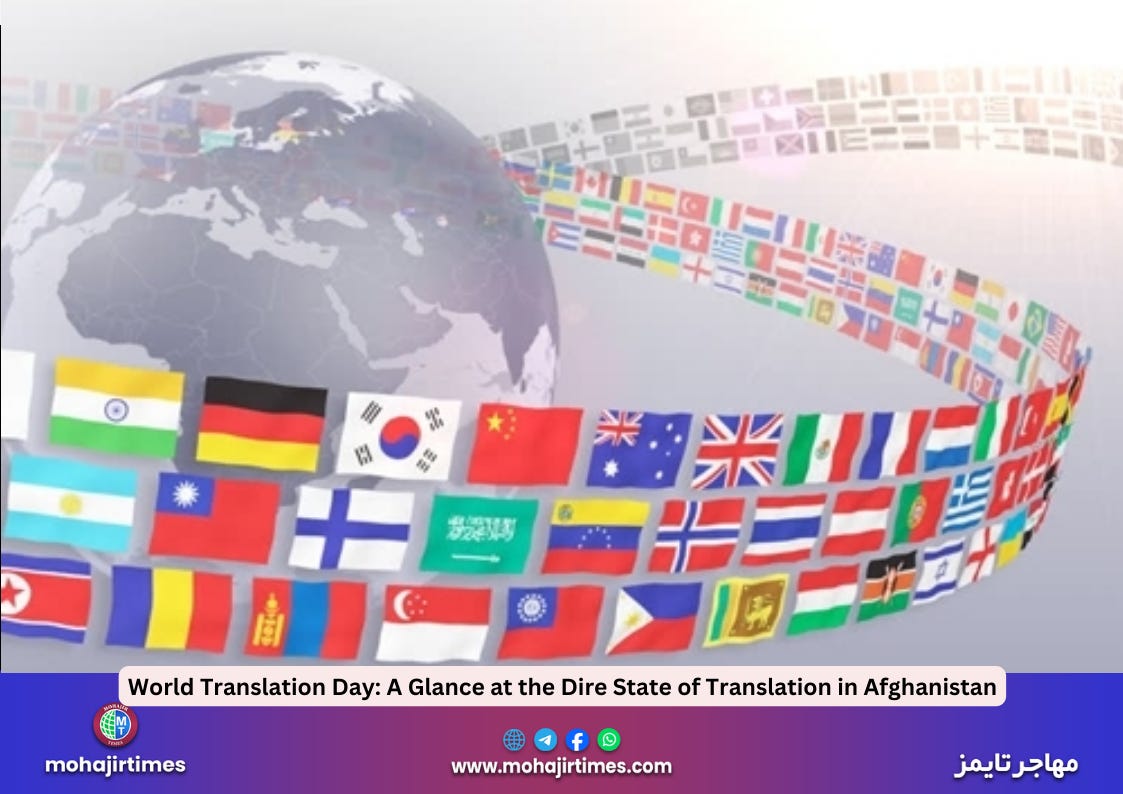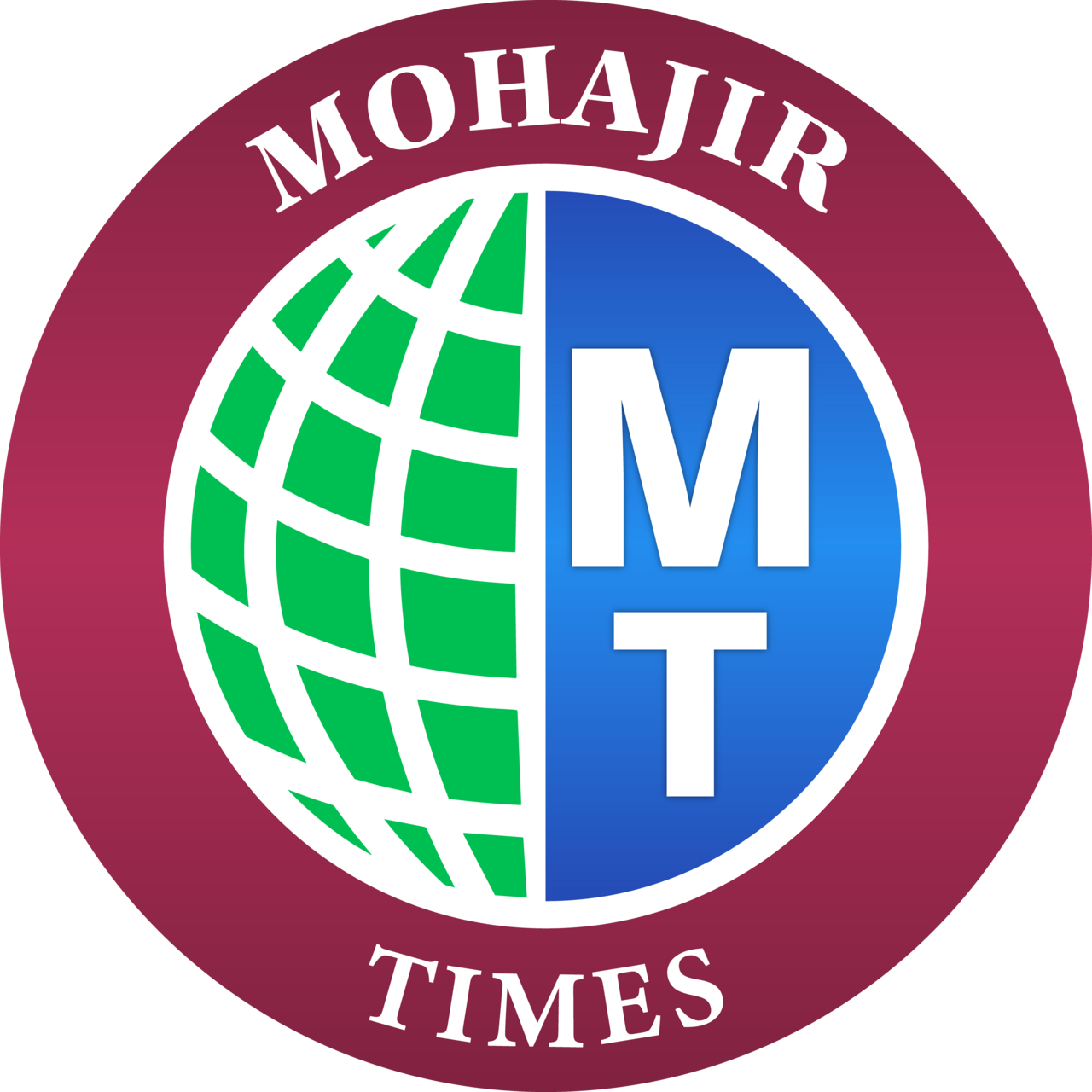World Translation Day: A Glance at the Dire State of Translation in Afghanistan
Translation in Afghanistan can be traced back to figures such as Qazi Abdul Qader, Noor Mohammad Kandahari, and Qazi Abdul Rahman, renowned translators during the reign of Amir Shir Ali Khan (1825–187
By Sara Mohammadi Naji
World Translation Day, named in honor of St. Jerome, the first person to translate the Bible into Latin, is celebrated globally. However, in Afghanistan, under Taliban control, writers and translators, along with other citizens, are preoccupied with survival.
According to Mohajir Times, quoting IRAF, the state of translation of texts and essays in Afghanistan is far from ideal. The political turmoil of recent years and increasing instability have stifled translation efforts in the country. Despite this, Afghan translators continue to work both inside and outside of Afghanistan.
Research conducted by Gholam Mohammad Basel and Sayed Azimullah Esmati from Kabul University indicates that translation activity in Afghanistan peaked in 2020 compared to previous years, with a 30% increase compared to the year before. The results of Basel and Esmati’s research show that, in the early 1990s, little attention was given to the translation process due to the challenges faced by the Afghan people. However, the latter half of that decade witnessed a relative increase in translation activity.
According to sources, Asadullah Shafaei, a translator and journalist, discussed translation in Afghanistan at a meeting in Uppsala, Sweden. He highlighted encouraging developments such as the quantitative growth of translation in recent decades, driven by the international community's presence in Afghanistan, the emergence of new translators, and the media coverage of translated works. However, he also pointed to the lack of attention from official institutions and centers, which has hindered the professionalization of the translation industry in the country.
Translation in Afghanistan can be traced back to figures such as Qazi Abdul Qader, Noor Mohammad Kandahari, and Qazi Abdul Rahman, renowned translators during the reign of Amir Shir Ali Khan (1825–1879). Saifuddin Baburi, Mohammad Hassan Khan, Abdul Subhan Khan, Abdul Wahab Tashqurghani, and Mahmoud Tarzi were also notable translators during the reign of King Abdul Rahman Khan (1880–1901). It is worth mentioning that translation in Afghanistan is closely associated with the work of “Mahmoud Tarzi, the Father of Afghanistan Press,” who translated significant works from Turkish to Persian-Dari.
As you know, today’s societies interact in a vast field of information, and to communicate and stay updated, they need to be familiar with the works and writings of other communities. Translation facilitates this process, leading to societal development and progress. However, progress in Afghanistan requires translators, writers, and scholars who can bridge the gap with the global community and strive to advance Afghanistan's culture and various sciences.









